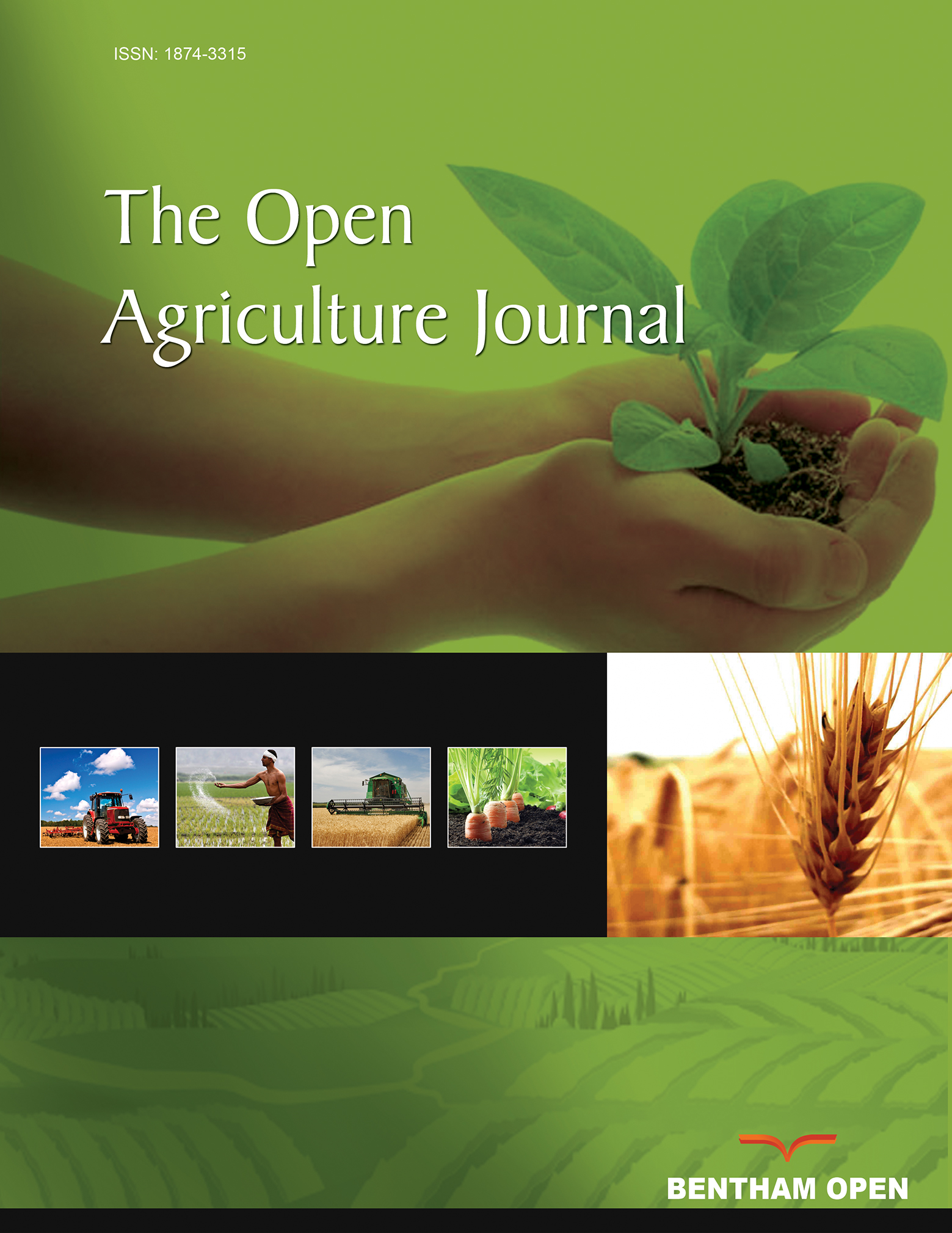All published articles of this journal are available on ScienceDirect.
The Use of Pinus radiata Sawdust or Bark, or Zeolite to Reduce E. coli in Stand-Off Pads or Associated Drainage
Abstract
Cow dung slurry containing a total of 7.4 × 105 E. coli was applied to laboratory-scale microcosms of Pinus radiata sawdust or bark. Rainfall was simulated by application of water at rates of 25 mm h-1 or 50 mm h-1 over 30 minutes. For sawdust 5% and 11% (respectively) of the E. coli were transferred to drainage compared to 12% and 28% for bark. After collection of drainage less than 10% of the retained E. coli were recovered from sawdust compared to about 90% for bark. Stand-off pad drainage (102E. coli 100 mL-1) was passed through laboratory-scale microcosms at 0.42 mL min-1 for 4 weeks. The E. coli concentration was reduced by 1.5 log10 for sawdust microcosms but there was no significant reduction for bark and zeolite. P. radiata sawdust seems an unfavourable environment for E. coli and its use in stand-off pads could reduce transmission of faecal microbes from dairy farms to waterways.


